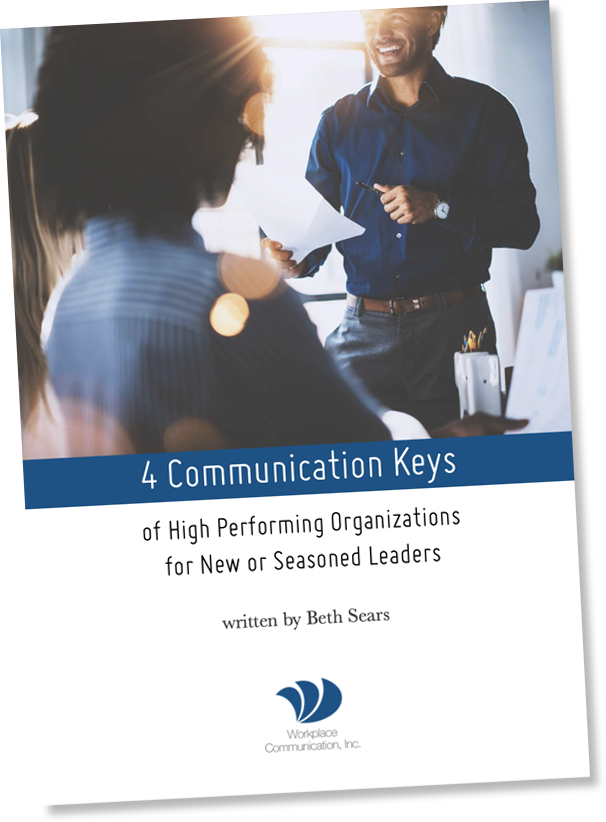At first, I was so self-absorbed that I rarely took note of how others acted around me. I was so worried about myself and how I was behaving that I didn’t notice anything about my environment. Did I even realize if people were taking advantage of me? The truth is, I gave them permission to treat me in that manner through my behaviors, then got upset with them for the way I was treated!
For example, many years ago, I went to the small grocery store in our town and ran into an acquaintance. She was upset because she was in the middle of baking apple pies to freeze, and the store didn’t have any aluminum pie plates. Being the people-pleaser that I was, I immediately said, “I am going and would be glad to pick you up some.” She asked how long I would be, and I quickly responded, “About half an hour.” The irony is, I couldn’t drive to the mall and back without stopping in 30 minutes. Still, off I went with my toddler daughter to shop. Our poor daughter was almost airborne because I was in such a hurry.
I got her pie plates and a few of the things I planned to buy, then rushed back without finishing my errands. When I arrived at her house, she responded in a slightly frustrated tone, “Well, that took you a lot longer than you said!” I left feeling dejected and annoyed. Wasn’t I being helpful? Was she not grateful I saved her a trip? She didn’t even say, “Thank you.”
I was totally focused on her, which gave away any power I had to change the situation. The truth is, I had a great deal of responsibility for what occurred. In my desire to please her, I set myself up to fail before I left. I couldn’t make the trip in the time I stated. Secondly, I put her needs before my daughter’s and my own. The responsible thing to say would have been, “I’m going to the mall and will be back in an hour and a half.” That way, she could decide whether to make the trip herself or wait until I returned. The key is to look at yourself and your behavior to determine what, if anything, needs to change.
You cannot change another human being. By focusing on yourself, you gain the power to make changes in the way you choose to relate to others. As a fellow people-pleaser, I would very often set myself up to fail and then be annoyed with others. I had to learn to look at my role in the difficulties in my life and recognize how I needed to change my behavior.
It was difficult at first because I wanted to jump in and be the hero to please others. But I learned to pause and ask myself if I was truly able to do what I said I would do.
Another aspect I needed to change, which was even more difficult for me, was giving myself positive reinforcement. Previously, 100% of the time, I depended on external feedback to validate my self-worth. When it wasn’t forthcoming, I would assume I had done something wrong.
For example, I was teaching a series on communication for Cornell ILR at a local school, consisting of five sessions. After every session, Cornell would have participants fill out an assessment of the class. There were about 34 teachers in the session, and Cornell would send me the results once they received them.
As I worked through the evaluations, I saw that over 30 participants gave me a 4.7-5.0 on a scale of 1-5. Among them, however, one teacher gave me a 2.0. I was beside myself and focused only on that one score. I questioned the job I had done and thought about it constantly until the next session. Because their names were on the evaluations, I decided to inquire about what I had done wrong.
When I asked her, she looked surprised and said she very much enjoyed my session. I asked why, then, she had rated it a 2.0. She explained that she hates these seminars because they are after work, require her to arrange for another sitter, and are mandatory. Her remark had nothing to do with me or my class!
I had wasted a great deal of energy focusing on that one negative score instead of recognizing that 95% of the attendees learned a great deal. I had to learn to look at my work and give myself credit. I also needed to assess what I could have done better without shaming myself.
When we fail to do these things, we are often our own worst enemy!

